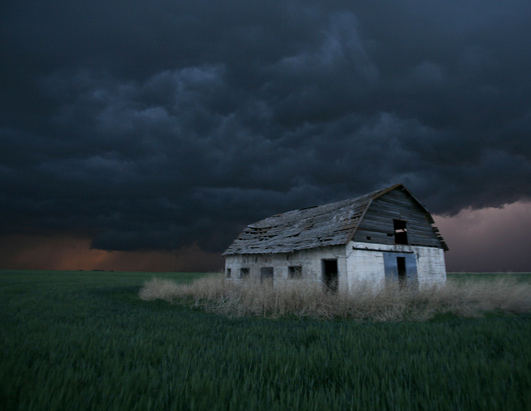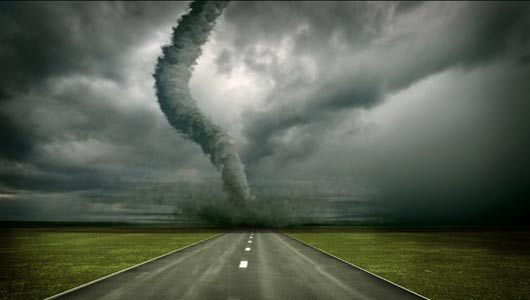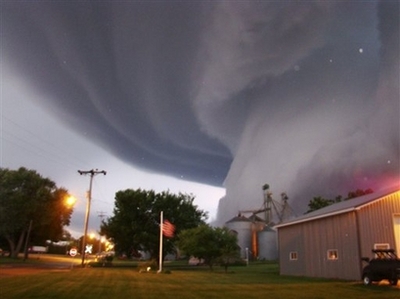On October 5, 1877 after what is widely acknowledged as one of the greatest strategic retreats in all of military history, Chief Joseph of the Nez Perce people of the Wallawa Valley of what is now Northwest Oregon spoke the following words and surrendered his tribe to the United States government.
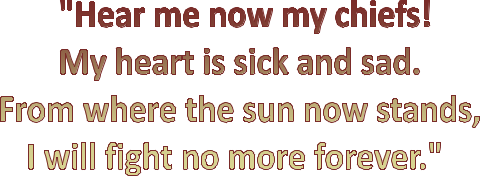
The following history lesson was taken entirely from PBS’ fine series  New Perspectives on the West.
New Perspectives on the West.
Chief Joseph’s father Joseph the Elder was one of the first Nez Percé converts to Christianity and an active supporter of the tribe's longstanding peace with whites. In 1855 he even helped Washington's territorial governor set up a Nez Percé reservation that stretched from Oregon into Idaho. But in 1863, following a gold rush into Nez Percé territory, the federal government took back almost six million acres of this land, restricting the Nez Percé to a reservation in Idaho that was only one tenth its prior size. Feeling himself betrayed, Joseph the Elder denounced the United States, destroyed his American flag and his Bible, and refused to move his band from the Wallowa Valley or sign the treaty that would make the new reservation boundaries official.
When his father died in 1871, Joseph was elected to succeed him. He inherited not only a name but a situation made increasingly volatile as white settlers continued to arrive 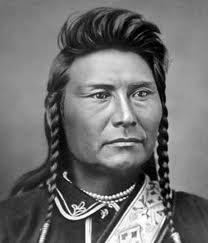 in the Wallowa Valley. Joseph staunchly resisted all efforts to force his band onto the small Idaho reservation, and in 1873 a federal order to remove white settlers and let his people remain in the Wallowa Valley made it appear that he might be successful. But the federal government soon reversed itself, and in 1877 General Oliver Otis Howard threatened a cavalry attack to force Joseph's band and other hold-outs onto the reservation. Believing military resistance futile, Joseph reluctantly led his people toward Idaho.
in the Wallowa Valley. Joseph staunchly resisted all efforts to force his band onto the small Idaho reservation, and in 1873 a federal order to remove white settlers and let his people remain in the Wallowa Valley made it appear that he might be successful. But the federal government soon reversed itself, and in 1877 General Oliver Otis Howard threatened a cavalry attack to force Joseph's band and other hold-outs onto the reservation. Believing military resistance futile, Joseph reluctantly led his people toward Idaho.
Unfortunately, they never got there. About twenty young Nez Percé warriors, enraged at the loss of their homeland, staged a raid on nearby settlements and killed several whites. Immediately, the army began to pursue Joseph's band and the others who had not moved onto the reservation. Although he had opposed war, Joseph cast his lot with the war leaders.
What followed was one of the most brilliant military retreats in American history. Even the unsympathetic General William Tecumseh Sherman could not help but be impressed with the 1,400 mile march, stating that "the Indians throughout displayed a courage and skill that elicited universal praise... [they] fought with almost scientific skill, using advance and rear guards, skirmish lines, and field fortifications." In over three months, the band of about 700, fewer than 200 of whom were warriors, fought 2,000 U.S. soldiers and Indian auxiliaries in four major battles and numerous skirmishes.
By the time he formally surrendered on October 5, 1877, Joseph was widely referred to in the American press as "the Red Napoleon." It is unlikely, however, that he played as critical a role in the Nez Percé's military feat as his legend suggests. He was never considered a war chief by his people, and even within the Wallowa band, it was Joseph's younger brother, Olikut, who led the warriors, while Joseph was responsible for guarding the camp. It appears, in fact, that Joseph opposed the decision to flee into Montana and seek aid from the Crows and that other chiefs -- Looking Glass and some who had been killed before the surrender -- were the true strategists of the campaign. Nevertheless, Joseph's widely reprinted surrender speech has immortalized him as a military leader in American popular culture:
"I am tired of fighting. Our chiefs are killed. Looking Glass is dead. Toohoolhoolzote is dead. The old men are all dead. It is the young men who say, "Yes" or "No." He who led the young men [Olikut] is dead. It is cold, and we have no blankets. The little children are freezing to death. My people, some of them, have run away to the hills, and have no blankets, no food. No one knows where they are -- perhaps freezing to death. I want to have time to look for my children, and see how many of them I can find. Maybe I shall find them among the dead. Hear me, my chiefs! I am tired. My heart is sick and sad. From where the sun now stands I will fight no more forever."

















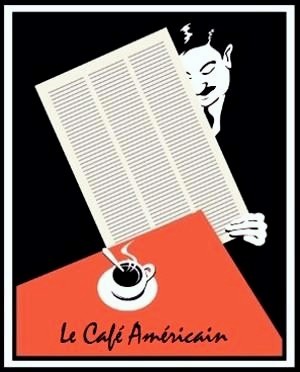

















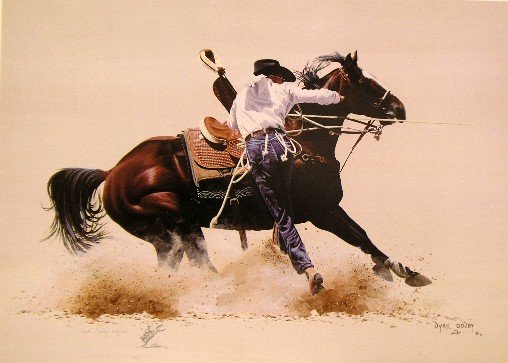
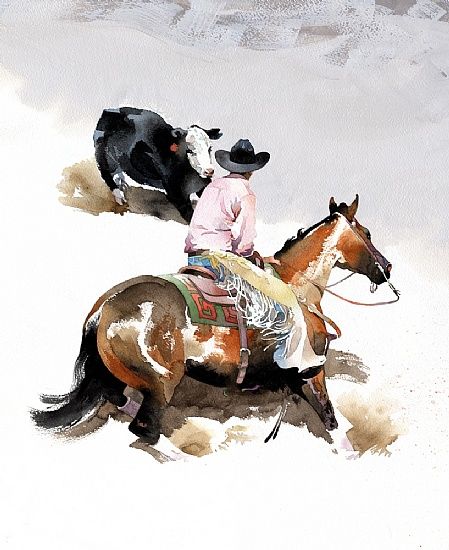
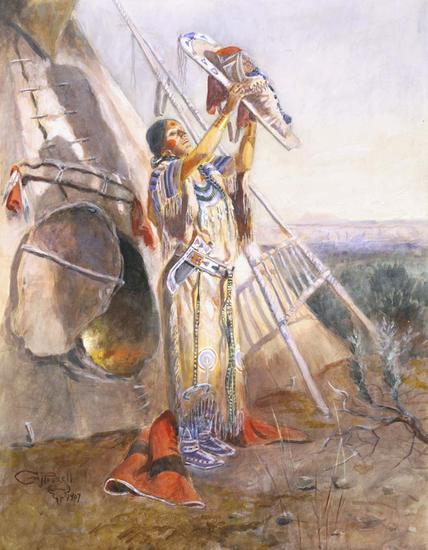
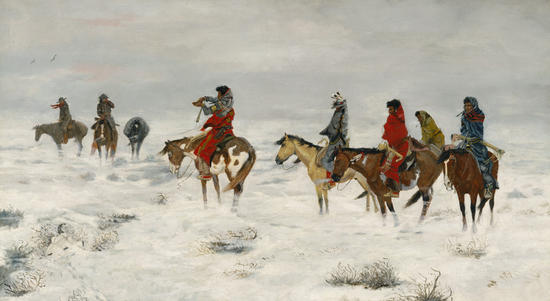
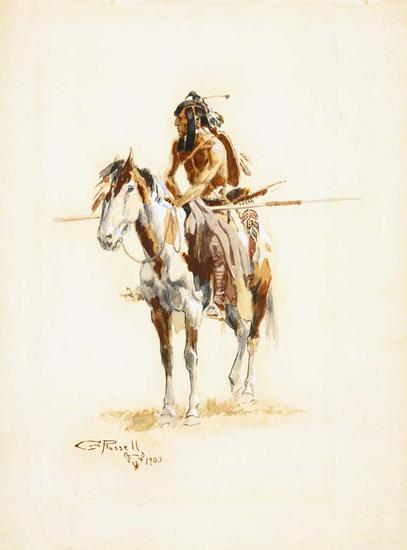
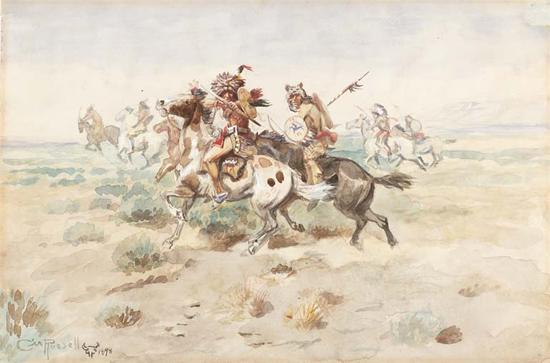
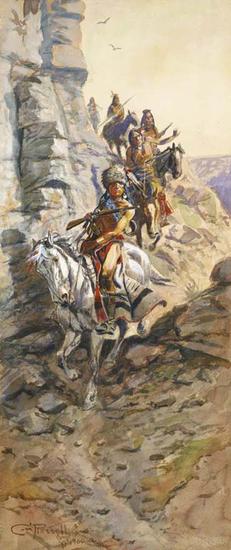
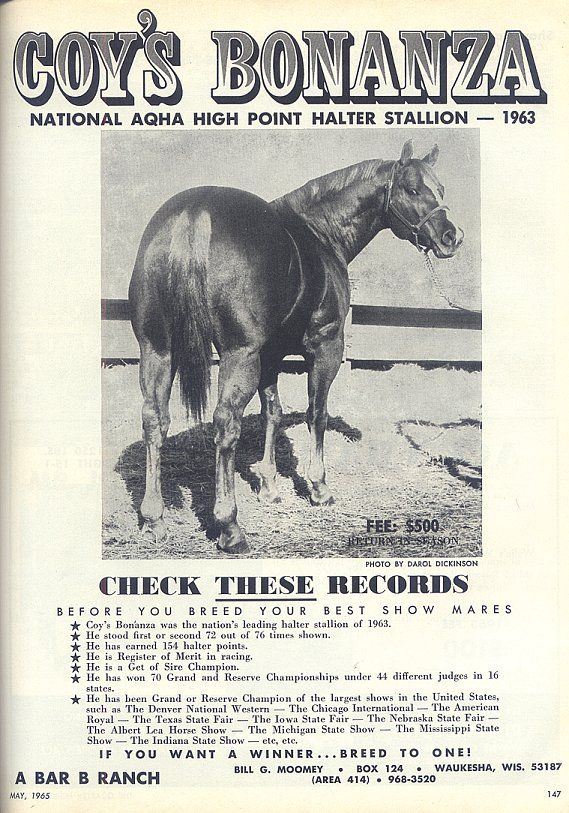
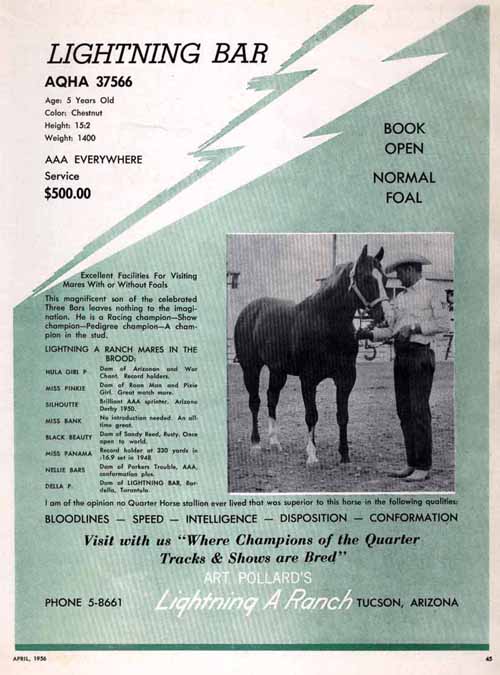
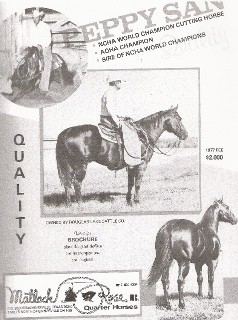
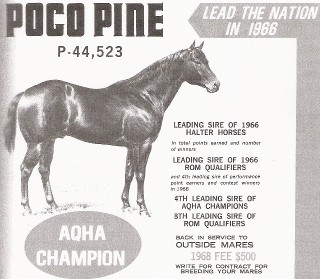
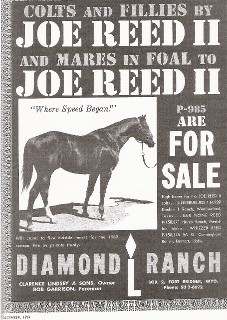
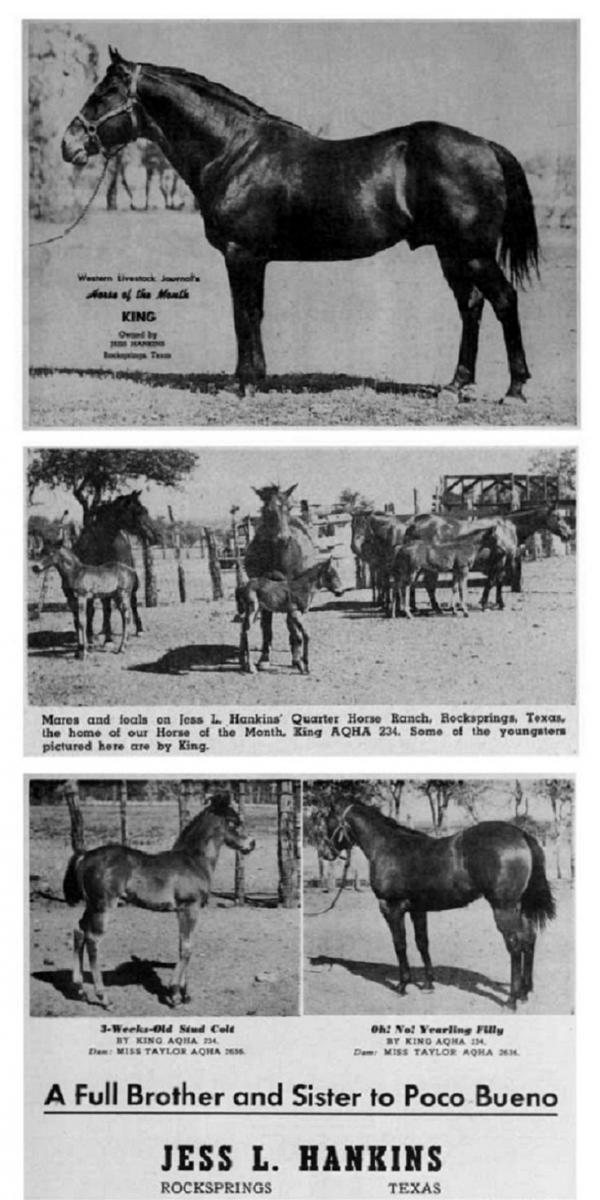
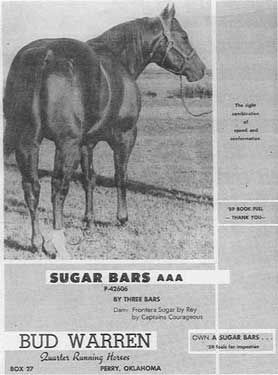
![[Most Recent Quotes from www.kitco.com]](http://www.kitconet.com/charts/metals/gold/t24_au_en_usoz_2.gif)
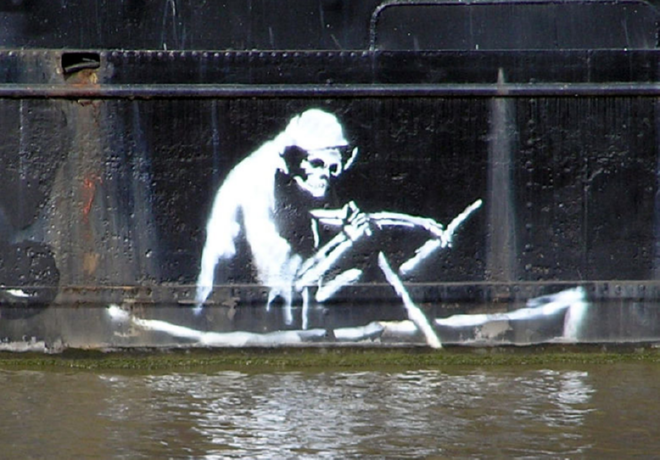
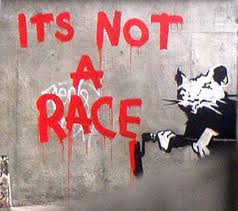
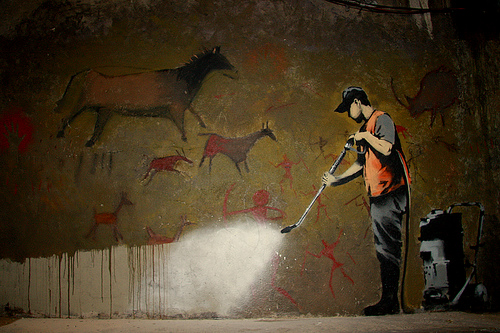
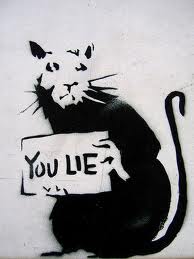
![[Most Recent Quotes from www.kitco.com]](http://www.kitconet.com/charts/metals/silver/t24_ag_en_usoz_2.gif)
